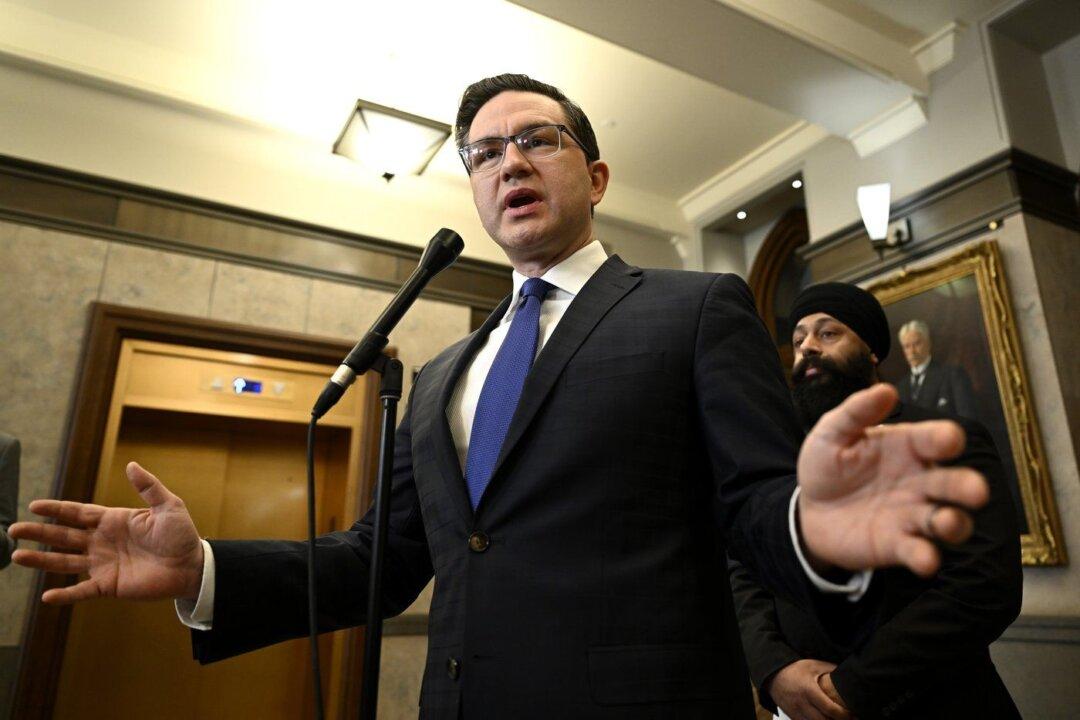The federal Conservatives are set to introduce a motion on June 1 calling on the Liberal government to scrap its incoming Clean Fuel Regulations (CFR), which are set to take effect at the beginning of July.
The non-binding motion, sponsored by Conservative Leader Pierre Poilievre, says the CFR combined with the carbon tax “will mean that Canadians pay an extra 61 cents for each litre of gas.”





